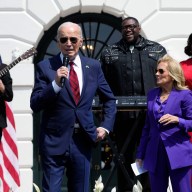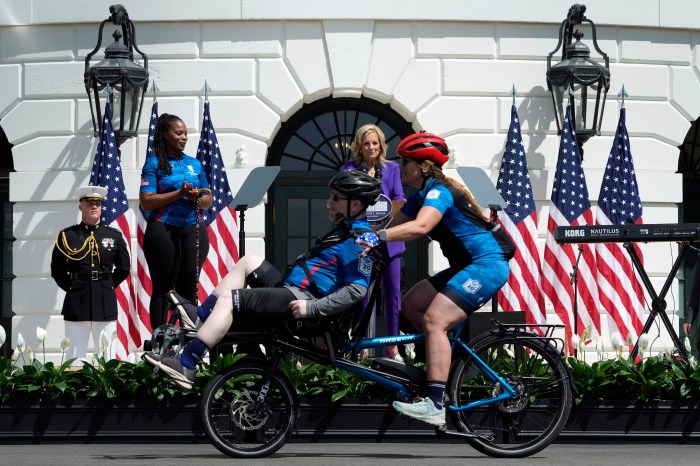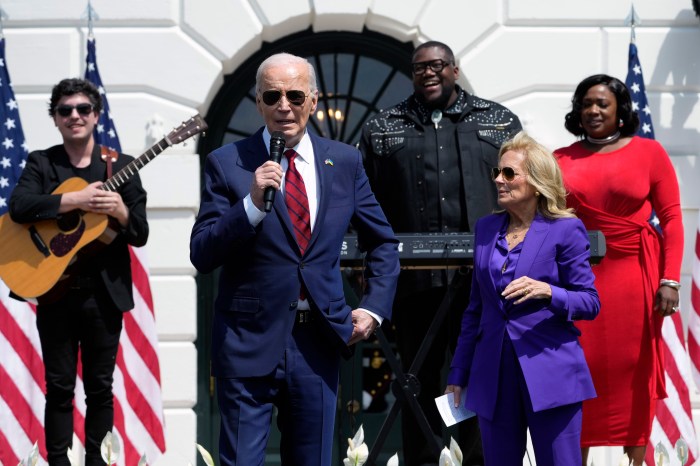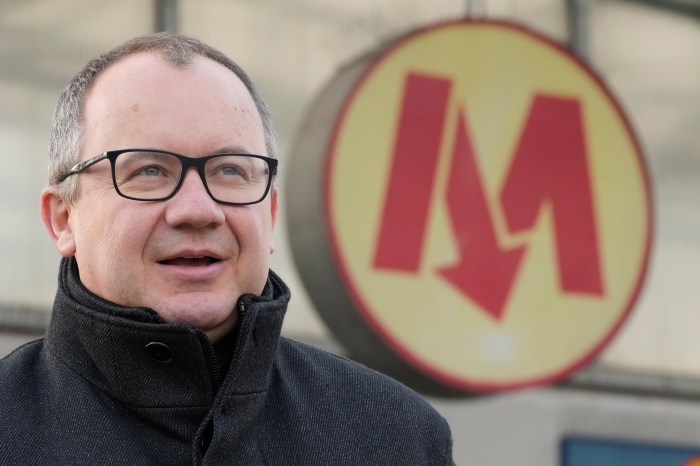WASHINGTON (AP) — About one-quarter of U.S. adults age 50 and older who are not yet retired say they expect to never retire and 70% are concerned about prices rising faster than their income, an AARP survey finds.
About 1 in 4 have no retirement savings, according to research released Wednesday by the organization that shows how a graying America is worrying more and more about how to make ends meet even as economists and policymakers say the U.S. economy has all but achieved a soft landing after two years of record inflation.
Everyday expenses and housing costs, including rent and mortgage payments, are the biggest reasons why people are unable to save for retirement.
The data will matter this election year as Democratic President Joe Biden and Republican rival Donald Trump are trying to win support from older Americans, who traditionally turn out in high numbers, with their policy proposals.
The AARP’s study, based on interviews completed with more than 8,000 people in coordination with the NORC Center for Public Affairs Research, finds that one-third of older adults with credit card debt carry a balance of more than $10,000 and 12% have a balance of $20,000 or more. Additionally, 37% are worried about meeting basic living costs such as food and housing.
“Far too many people lack access to retirement savings options and this, coupled with higher prices, is making it increasingly hard for people to choose when to retire,” said Indira Venkateswaran, AARP’s senior vice president of research. “Everyday expenses continue to be the top barrier to saving more for retirement, and some older Americans say that they never expect to retire.”
The share of people 50 and older who say they do not expect to retire has remained steady. It was 23% in January 2022 and 24% that July, according to the study, which is conducted twice a year
“We are seeing an expansion of older workers staying in the workforce,” said David John, senior strategic policy advisor at the AARP Public Policy Institute. He said this is in part because older workers “don’t have sufficient retirement savings. It’s a problem and its likely to continue as we go forward.”
Based on the 2022 congressional elections, census data released Tuesday shows that voters 65 and older made up 30.4% of all voters, while Gen Z and millennials accounted for 11.7%.
Biden has tried to court older voters by regularly promoting a $35 price cap on insulin for people on Medicare. He trumpets Medicare’s powers to negotiate directly with drugmakers on the cost of prescription medications.
Trump, in an interview with CNBC in March, indicated he would be open to cuts to Social Security and Medicare. The former president said “there is a lot you can do in terms of entitlements, in terms of cutting.”
Karoline Leavitt, press secretary for Trump’s campaign, said in a statement to The Associated Press on Tuesday that Trump “will continue to strongly protect Social Security and Medicare in his second term.”
In the AARP survey, 33% of respondents 50 and older believe their finances will be better in a year.
A looming issue that will affect Americans’ ability to retire is the financial health of Social Security and Medicare.
The latest annual report from the program’s trustees says the financial safety nets for millions of older Americans will run short of money to pay full benefits within the next decade.
Medicare, the government-sponsored health insurance that covers 65 million older and disabled people, will be unable to pay full benefits for inpatient hospital visits and nursing home stays by 2031, the report forecast. And just two years later, Social Security will not have enough cash on hand to pay out full benefits to its 66 million retirees.
An AP-NORC poll from March 2023 found that most U.S. adults are opposed to proposals that would cut into Medicare or Social Security benefits, and a majority support raising taxes on the nation’s highest earners to keep Medicare running as is.


















